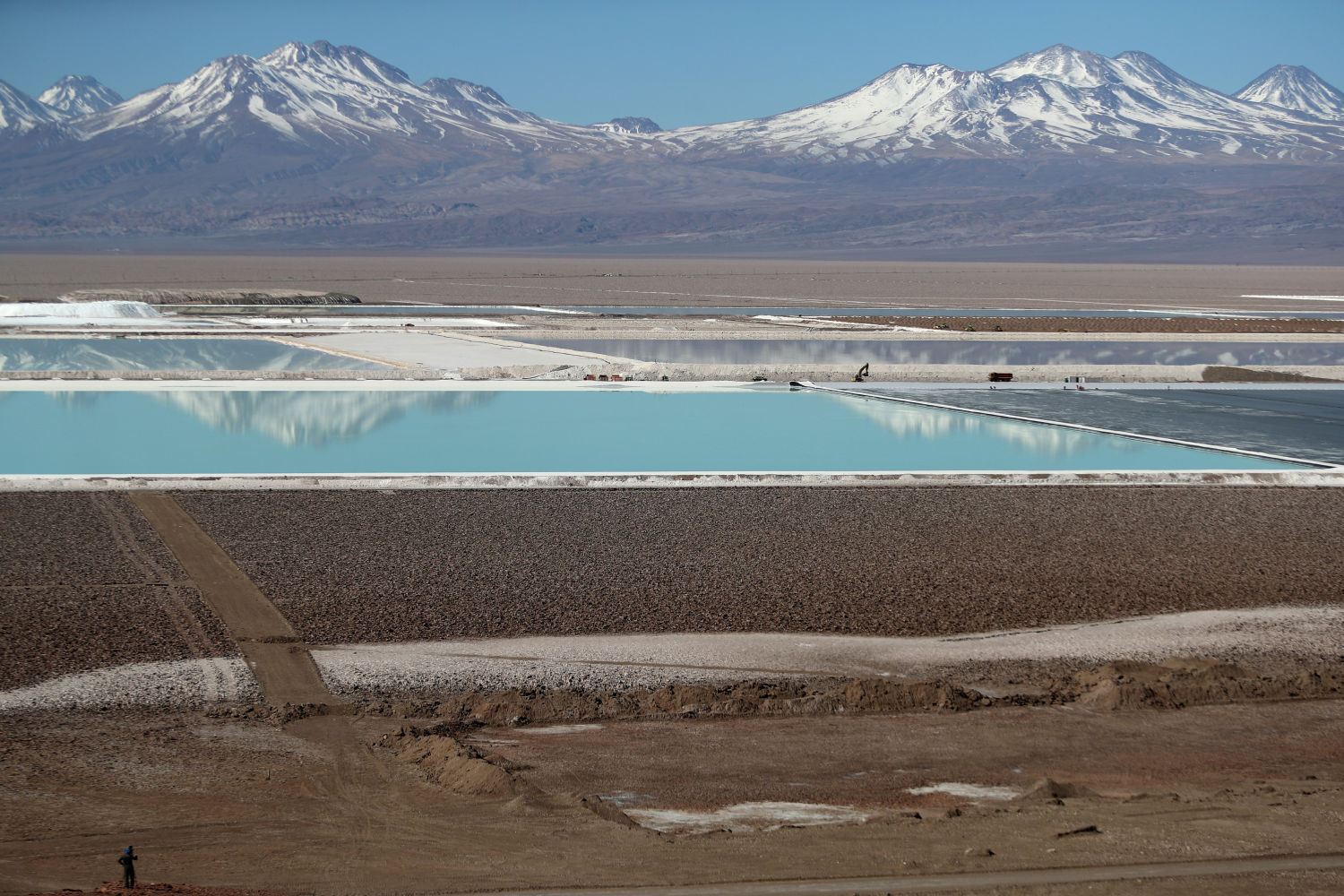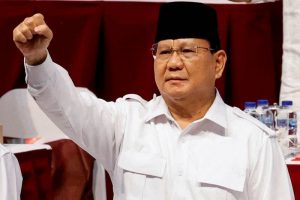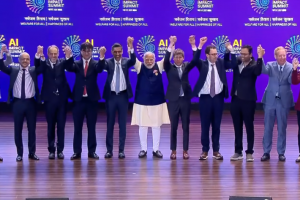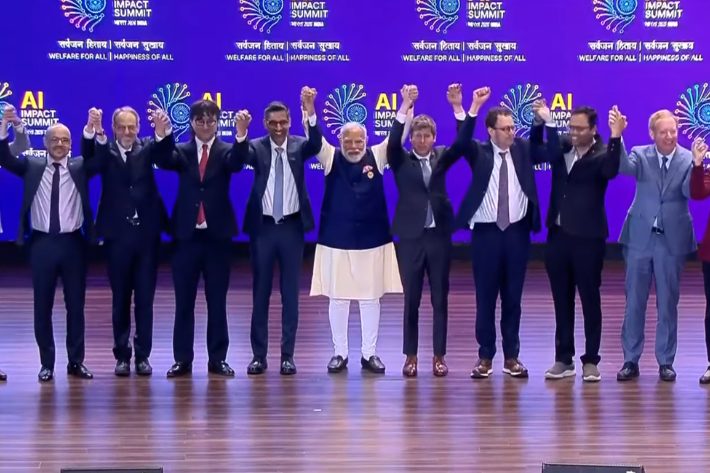(ATF) Lithium supplies – essential for electric vehicle (EV) batteries – have received a boost with China’s Ganfeng Lithium saying on March 8 that it would pay 1.47 billion yuan ($225 million) to take a 49% stake in a Qinghai salt lake, according to stock exchange filings.
The move into the Qinghai project, operated by China Minmetals, will give Ganfeng, one of the world’s top producers of lithium chemicals, its first salt lake asset in China, adding to interests it holds in Argentina.
Salt lakes are one of the world’s major sources of lithium, the other being the lithium-bearing mineral spodumene. The brine in the lakes is used to make lithium carbonate, typically the first chemical in the EV battery production chain.
Ganfeng’s move for the stake comes amid a 60% jump in lithium carbonate prices to a 2-1/2-year high of 84,000 yuan per tonne on resurgent demand from the EV sector. China’s battery-grade lithium carbonate price averaged 43,845 yuan per tonne in 2020, Platts data showed.
The acquisition “is conducive to the company’s business development, improves its core competitiveness and conforms to (its) upstream and downstream integration,” Ganfeng said.
DEPRESSION CURE
Low prices dogged lithium processors for years before the EV boom. “Lithium was known for decades as a medicinal cure for depression but plummeting prices [gave] investors the blues,” noted Roberto Sifon-Arevalo, lead analytical manager, sovereign and international public finance, at S&P Global Ratings.
But demand, particularly from China, for battery grade lithium carbonate is expected to increase in 2021 on stronger EV sales, pushing prices higher.
Ganfeng, which also has interests in Australia, Mexico and Ireland, currently has only one spodumene mining project in China.
In a separate development, producer Lithium Australia said this week it would be able to increase production of lithium iron phosphate (LiFePO4), adding that such batteries are likely to be the fastest growing type for EV use.
The company said LiFePO4 batteries reduce dependency on nickel and cobalt while providing safer power storage. “It is anticipated that LiFePO4 will become the fastest growing sector of the market, particularly with respect to EV penetration,” said Adrian Griffin, managing director of Lithium Australia.
“Lithium Australia can recover lithium from fine and contaminated spodumene that fails to meet the feed specifications of current converters,” Griffin said, adding that would potentially remove one area of low recovery inherent in the lithium industry.
























